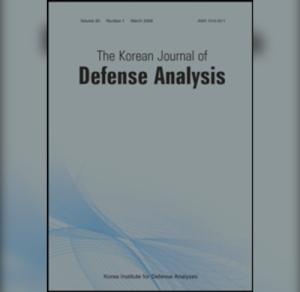
In a perfectly harmonious situation of a stability/instability paradox, American intervention in a Taiwan invasion by the PRC wouldn't lead to escalation from conventional to nuclear level as the two levels are hermetically separated under the conditions of the paradox.
Jindal School of International Affairs
In a perfectly harmonious situation of a stability/instability paradox, American intervention in a Taiwan invasion by the PRC wouldn't lead to escalation from conventional to nuclear level as the two levels are hermetically separated under the conditions of the paradox. However, a stability–instability paradox can only create escalation controls provided there are robust firebreaks between the two levels. No First Use (NFU) policy is generally addressed as a robust firebreak. This article argues that the PRC's inferiority in the conventional level vis-à-vis the United States has for some time influenced Beijing to erode the robustness of its NFU to make stability–instability untenable in order to deter aggression against its national interests by exploiting what Thomas Schelling calls “threat that leaves something to chance.” Using the chance factor, Beijing will resort to nuclear brinkmanship in order to expose the United States of shared risk caused by the unpredictability of Beijing's threat to keep Washington off a Taiwan crisis.
Anubhav Goswami
O.P. Jindal Global University, Sonipat, Haryana, India.
| Published Date | 02-06-2023 |
| Category | Achievements |